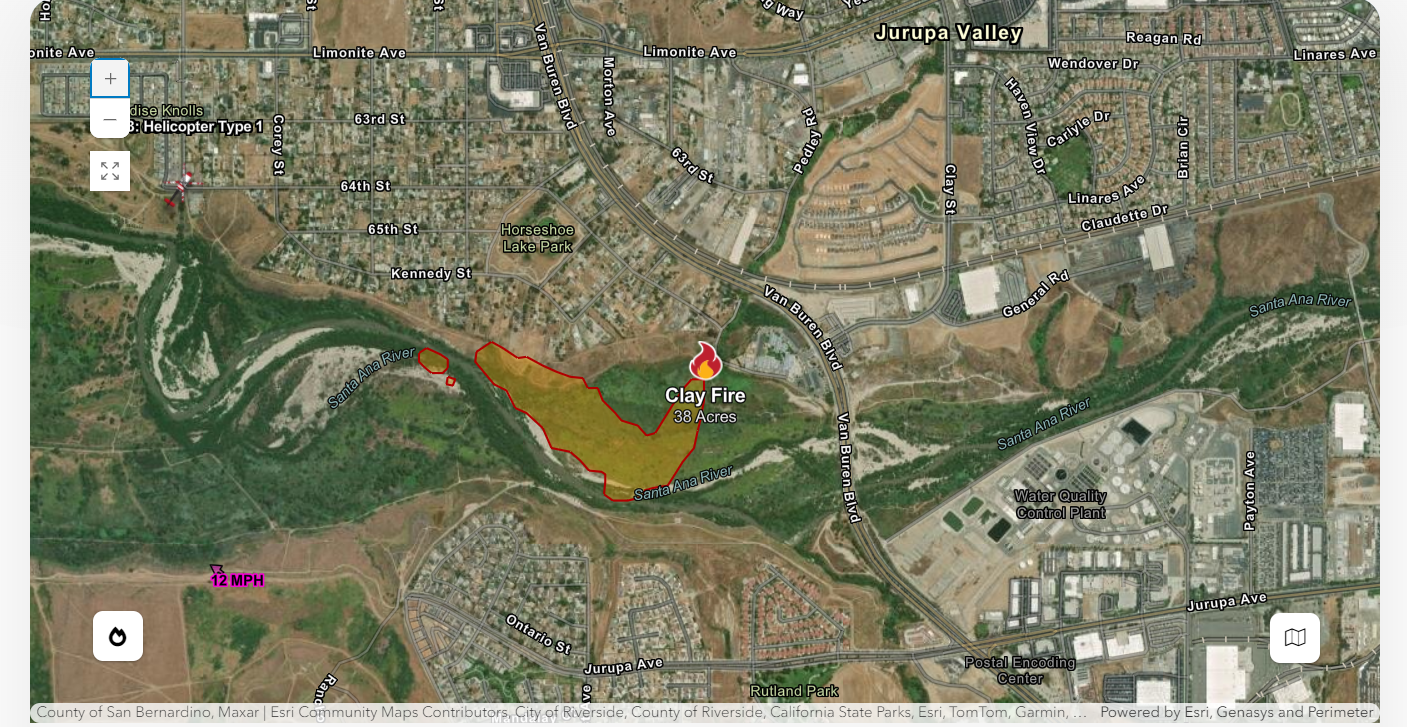Donald Trump's new administration has reversed longstanding policies that restricted immigration enforcement at sensitive locations such as schools, churches, and hospitals.
This new directive, announced on Tuesday, aims to empower federal immigration officers to arrest migrants at places previously deemed off-limits by guidelines issued over a decade ago.
Newsweek has reached out to the Trump White House on Tuesday night for additional comment.

What to Know
The policy change, introduced by Acting Secretary Benjamine Huffman of the Department of Homeland Security, removes the protections established in 2011 by Immigration and Customs Enforcement (ICE) and in 2013 by Customs and Border Protection (CBP). The move is part of President Trump's broader agenda to aggressively enforce immigration laws and fulfill his campaign promises of mass deportations.
Trump has emphasized that this change would prevent criminals from finding refuge in the sensitive locations, thus allowing ICE and CBP agents to perform their duties more effectively.
Why It Matters
This rollback has alarmed immigrant advocates who argue that it could deter undocumented migrants from seeking essential services, including medical care and education for their children.
During Trump's first term, while he maintained the sensitive location guidelines, he removed similar protections that restricted immigration enforcement at courthouses. The Biden administration subsequently reinstated and expanded these sensitive location guidelines to further limit where ICE and CBP could operate. However, Trump's latest action undoes these efforts and reopens schools and churches to immigration enforcement activities.
Schools and churches across the country have expressed their commitment to protecting immigrant communities. For instance, the Fresno Unified School District in California reaffirmed its policy against allowing immigration enforcement on school campuses without a valid court order. Similarly, Chicago Public Schools passed a resolution ensuring that ICE agents would not enter schools without a criminal warrant.
Historically, churches have served as sanctuaries for migrants seeking to avoid ICE arrests. Since Trump took office in 2017, at least 51 known cases of individuals seeking sanctuary in churches emerged, according to Church World Service.
What People Are Saying
The Department of Homeland Security said in a statement Tuesday: "This action empowers the brave men and women in CBP and ICE to enforce our immigration laws and catch criminal aliens — including murderers and rapists — who have illegally come into our country. Criminals will no longer be able to hide in America's schools and churches to avoid arrest."
Olivia Golden, interim executive director of the Center for Law and Social Policy, said in a statement to The Associated Press: "This action could have devastating consequences for immigrant families and their children, including U.S. citizen children, deterring them from receiving medical attention, seeking out disaster relief, attending school, and carrying out everyday activities."
"Should ICE presence near such locations become more common, the likelihood also increases that children could witness a parent's detention, arrest, or other encounters with ICE agents."
What Happens Next
On Monday, Trump signed a series of executive actions including cutting off access to an app that had enabled the entry of hundreds of thousands of migrants, suspending the refugee program, and promoting increased cooperation between ICE and local and state governments.
Many schools across the country have been preparing for this eventuality by coordinating with immigrant families and local law enforcement.
In California, officials have provided guidance to schools regarding state laws that restrict local involvement in immigration enforcement.
In November, the Chicago Public Schools' Board of Education passed a resolution stating that schools would not cooperate with ICE in enforcing immigration laws. According to the resolution, ICE agents would not be permitted to enter schools without a criminal warrant.




















 English (US) ·
English (US) ·